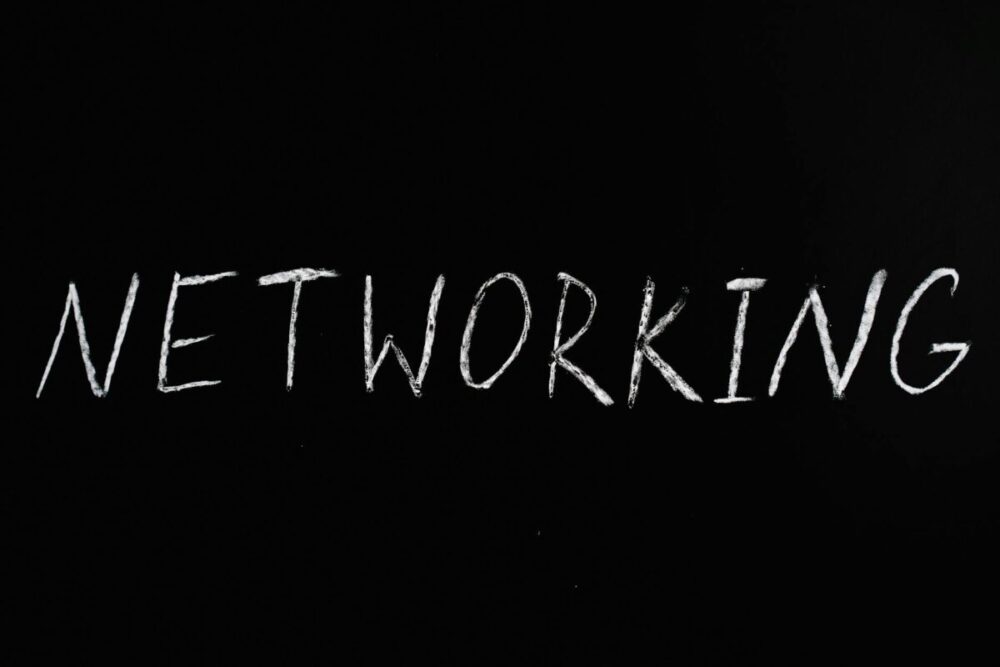Estimated reading time: 4 minutes
Networking is a vital skill in both personal and professional contexts. It opens doors to new opportunities, provides valuable insights, and helps you forge meaningful connections within your industry. Whether looking for a job, seeking mentorship, or aiming to expand your influence, mastering effective networking strategies can be a game changer. Here’s a comprehensive guide to help you navigate the networking landscape.
1. Identify Your Networking Goals
Before you embark on your journey, clarifying what you want to achieve is essential. Typical goals might include:
- Finding a job or internship
- Gaining industry insights
- Seeking mentorship or advice
- Building professional relationships
Understanding your objectives will guide your efforts and help you determine the right people to connect with. For more tips on goal setting, explore Princeton’s Career Development resources.
2. Leverage Online Platforms
In today’s digital age, online networking has become a powerful avenue for connecting with industry professionals:
- LinkedIn: As one of the most effective platforms for professional networking, ensure you create a detailed profile that showcases your skills, experiences, and accomplishments. Use LinkedIn to connect with colleagues, alums, and influential figures in your field. Follow relevant companies and engage with their posts to stay informed about industry trends.
- Social Media: Platforms like Twitter and specialized forums (like industry-specific Facebook groups) can also serve as valuable tools for connecting with professionals. Share relevant articles, engage in meaningful discussions, and connect with thought leaders to broaden your network.
3. Attend Networking Events
In-person networking can be incredibly effective for establishing connections. Seek out opportunities to meet people face-to-face:
- Conferences and Workshops: Attending industry conferences and workshops provides the chance to meet professionals with shared interests. Engage in conversations during breaks or networking sessions, and don’t hesitate to introduce yourself to speakers and other attendees.
- Local Meetups: Websites like Meetup.com host local gatherings centered around specific interests or professional fields, offering an informal setting to connect with like-minded individuals.
4. Cultivate Relationships
Effective networking is about building relationships, not just collecting contacts. Here are tips for fostering meaningful connections:
- Be Genuine: Approach networking with authenticity. Take a sincere interest in others, listen actively, and ask thoughtful questions. Genuine conversations are more likely to lead to lasting relationships.
- Follow-Up: After meeting someone, send a follow-up message expressing appreciation for the conversation. Remind them of specific discussion points and offer to share valuable resources or insights if applicable.
- Stay Connected: Maintain your connections by reaching out periodically. Share updates about your career and accomplishments, and inquire about theirs. A simple message can go a long way in nurturing the relationship.
5. Offer Value
Real networking is reciprocal. To cultivate strong relationships, consider how you can provide value to your contacts:
- Share Knowledge: If you possess expertise in a specific area, offer to share insights, articles, or resources that may benefit your connections.
- Make Introductions: If you know someone who could benefit from connecting with your new contact, make introductions. Building a community of mutual support enhances everyone’s networking experience.
6. Practice Consistency
Networking is not a one-time event; it requires ongoing effort. Incorporate networking into your regular professional routine:
- Set Goals: Aim to connect with several new contacts each month. Consistent engagement is crucial, whether through coffee chats or online interactions.
- Reflect and Adapt: Regularly assess your networking efforts. Are they helping you achieve your objectives? Adjust your strategies to ensure continued growth and effectiveness.
Conclusion
Networking is an invaluable skill that can significantly enhance your career and personal development. You can establish a robust network of connections by identifying your goals, leveraging online platforms, attending events, cultivating relationships, offering value, and practicing consistency. Remember, the foundation of effective networking lies in building genuine relationships. So get out there, connect, and unlock the myriad opportunities it brings!
For more detailed insights on networking, consider visiting Harvard Business Review and the comprehensive guide on effective network management from Barlop. For more career tips, check out our blog.
Discover more from Qwery M
Subscribe to get the latest posts sent to your email.



